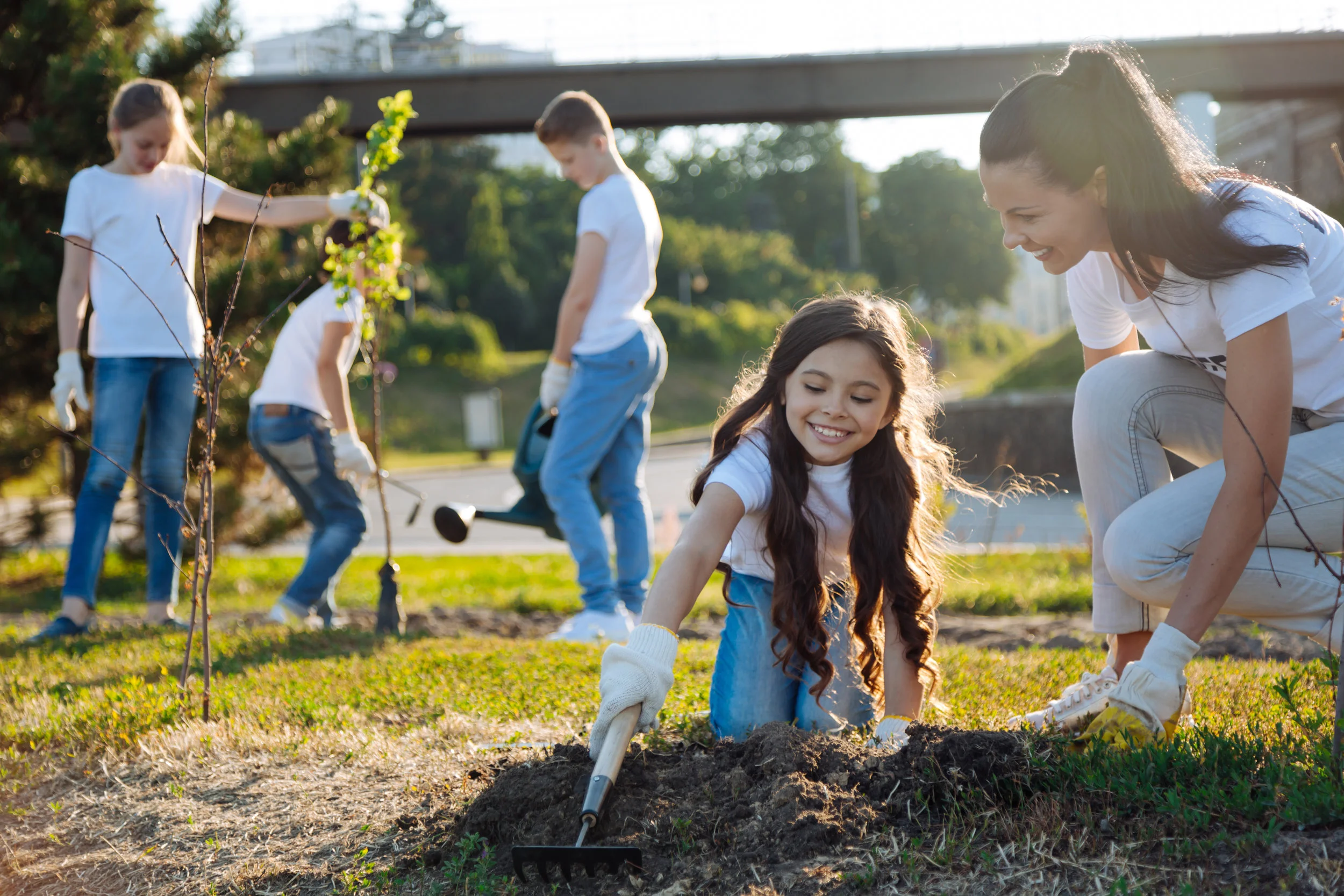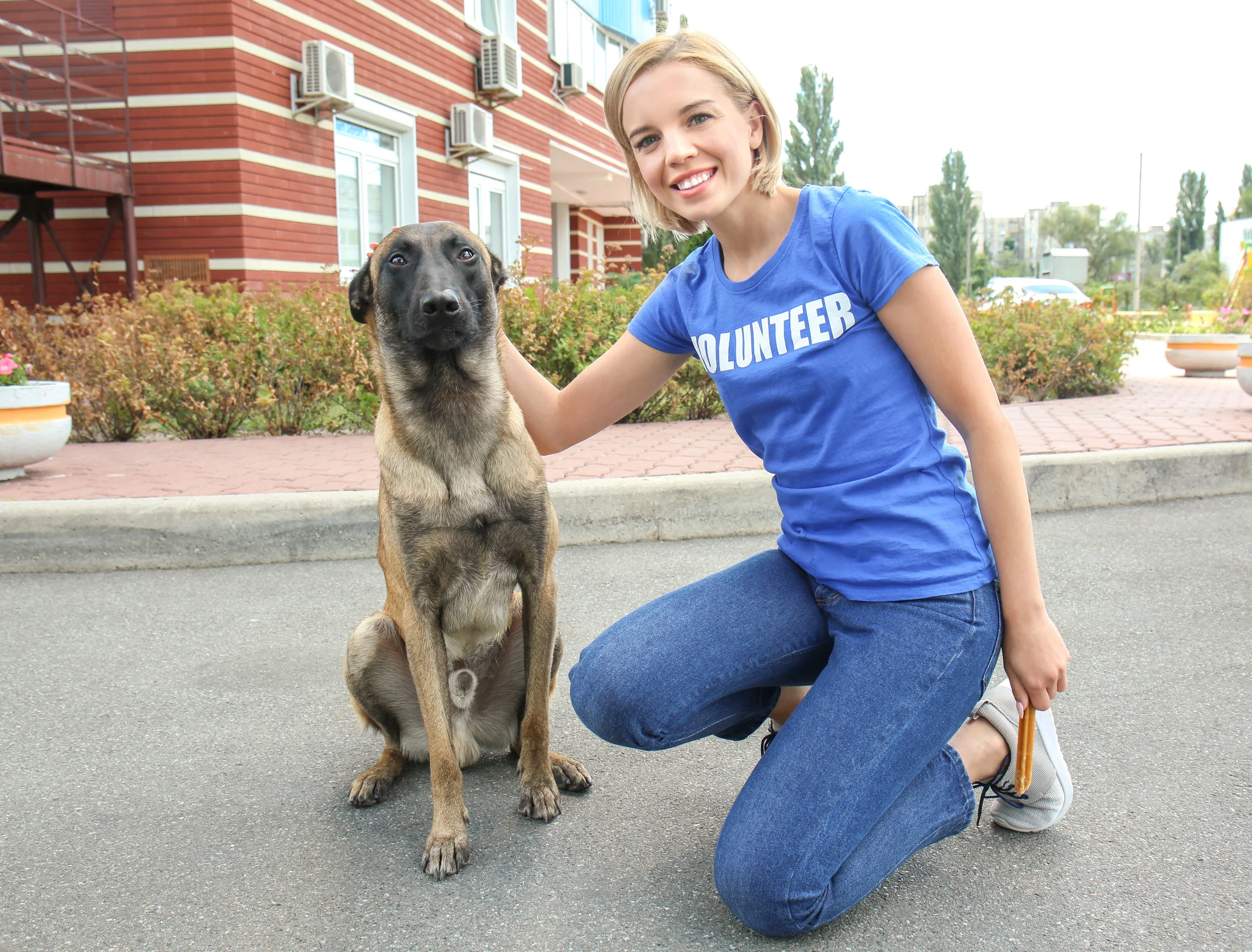We all honor our commitment to values in the RVA through our acts of Community Service.
As a graduation requirement, students in the RVA will participate in 8 hours of community service for each year they attend. Students will report their personalized experience through an array of pictures, writings and/or presentations of any kind.
This is a place to practice creativity while helping in our communities. We take pride in helping our communities grow and feel it is to the benefit of the students in RVA to actively participate in contributing to this cause. All community service activities should be shared with your Monday Activity Period Teacher upon completion. See below some of the criteria for your community service project.
Requirement:
Every RVA student - 8 hours of volunteer work each school year.
These can be completed at any time.
Consider age-appropriate volunteer opportunities for your child, and something your child is interested in!
Your family may already be doing volunteer work! This counts!
Documentation:
Once hours are completed, each child is required to submit an explanation of what they did and a “reflection”
Report how they completed the hours and reflect on how it impacted them and/or others.
You do not need to submit a formal log of the hours completed. Here are some ideas for documenting the reflection:
draw a picture
make a book/poster
take photos/video
write a written reflection (length proportionate to age of student)
create a PowerPoint or other visual presentation
meet online to talk about your experience
another format of their choosing! We are flexible!
Virtual Ideas:
Virtual service opportunities include ways that volunteers can support your organization from home or online, such as
Writing cards, sending letters, or doing craft projects (such as making toys for shelter animals, knitting hats and scarves for homeless individuals, or making blankets for seniors)
Becoming social media ambassadors, hosting online fundraisers or donation drives, or raising awareness of your organization and related social issues through advocacy
Offering a skilled service that they can do remotely, such as web development, graphic design, writing/editing, translation, or sewing
Offering online delivery of services such as financial coaching, tutoring and mentoring, enrichment activities or classes, or theater or musical performances
Recording theater or musical performances, audiobooks, or how-to videos
Traditional Ideas:
volunteering at a hospital, library, church, nursing home, animal humane society, food pantry, etc.
helping an elderly neighbor by raking, shoveling snow, mowing the lawn
picking up garbage or participating in a "clean up" event
delivering meals or donating baked goods
providing child care for a family with young children
making and sending cards or care packages to someone in need
visiting the nursing homes and playing games with the residents
ringing bells for the Salvation Army
sending letters to military men and women who are overseas
random acts of kindness
Anything that your child has done to donate time/service to others will be counted!
Community service hours that are acceptable:
Activities which benefit the school or community provided that the community organizations benefiting from the services are non-profit, with the exception of hospitals, nursing homes, or educational activities.
Activities which are not tied to a grade.
Activities which render service to individuals who cannot otherwise provide for themselves.
Anything for which a student does not receive compensation.
Examples of approved activities:
Participating in a service project as a member of a service club or community organization.
Students who leave school to participate in an elementary or middle school, as a part of an instructional/tutoring program approved by the principals in each school.
Volunteering at a local hospital, nursing home, etc.
Volunteering one’s services to individuals, i.e. senior citizens or the disabled.
Volunteering as a coach or instructor for a nonprofit organization such as Little League.
ALL tutoring (not paid); including tutoring done before or after school, during lunch.
Outreach programs of religious organizations and other non-profit organizations, which provide non-proselytizing service to the poor, sick, needy, etc.
Participating in events, i.e., marathons, walks, races, which benefit charitable organizations.


